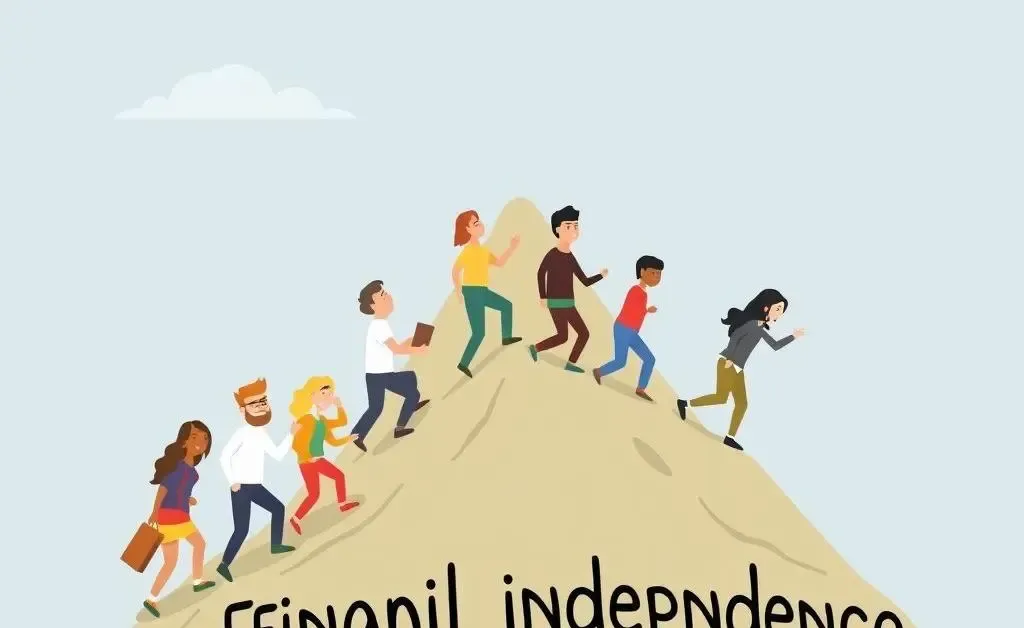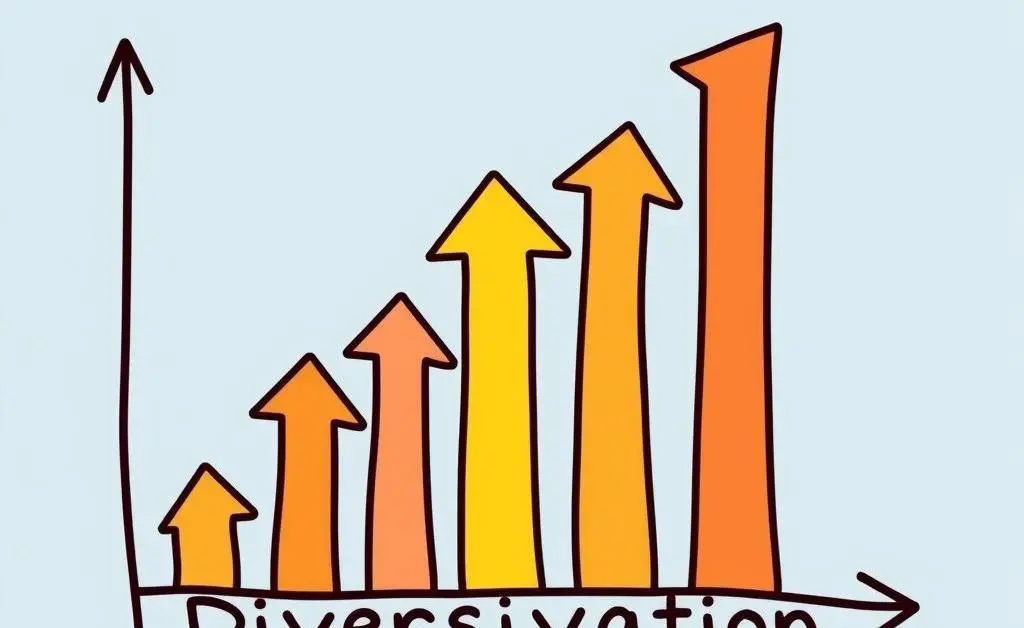Journey to Financial Independence: Tips and Insights for 2025
Explore practical tips and insights on achieving financial independence in 2025.

Hey there! Let’s dive into a topic that’s near and dear to many of us: achieving financial independence in 2025 and beyond. Whether you’re just getting started or already on the path, there’s always something new to learn. So grab a cup of coffee, and let's chat about some practical strategies that might just help you reach your financial goals sooner than you think.
What is Financial Independence?
When we talk about financial independence, we're essentially discussing the ability to live off your savings and investment returns without needing a traditional job. Think of it as a way to have your own financial safety net, allowing you to pursue your dreams or simply enjoy a worry-free retirement.
Key Steps to Achieving Financial Independence
- Start with a Budget: It all begins with knowing where your money goes. Creating a budget helps you track your spending and find areas to cut back.
- Save Aggressively: The more you save, the faster you hit your target. Aim to save at least 20-25% of your income, but more is always better.
- Invest Wisely: Diversifying across different asset classes can help mitigate risk. Consider talk to a financial advisor if you're unsure where to start.
- Reduce Debt: High-interest debt can be a huge obstacle. Prioritize paying this off to free up more funds for savings and investments.
- Boost Your Income: Whether it's through side hustles or negotiating a raise, increasing your income can significantly accelerate your journey.
Why Diversification Matters

Diversification is your best friend when it comes to investing. By spreading your money across various investments—like stocks, bonds, and real estate—you help reduce the risk of major financial hits. It’s not just about the potential returns, but also about creating a stable portfolio that can weather market unpredictability.
Don’t Forget About Retirement Planning

Planning for retirement is a key component of achieving financial independence. Regularly contributing to retirement accounts like a 401(k) or IRA can provide tax advantages and employer matches that enhance your savings. The earlier you start, the more time your money has to grow, thanks to compound interest.
Your Personal Journey to Financial Independence
Ultimately, the path to financial independence is highly personal. It’s about matching strategies with your lifestyle, goals, and risk tolerance. There’s no one-size-fits-all solution, but by continually learning and adapting, you can forge a path that works for you.
So, what’s your next step towards financial independence? Share your thoughts and let’s grow wiser together!




